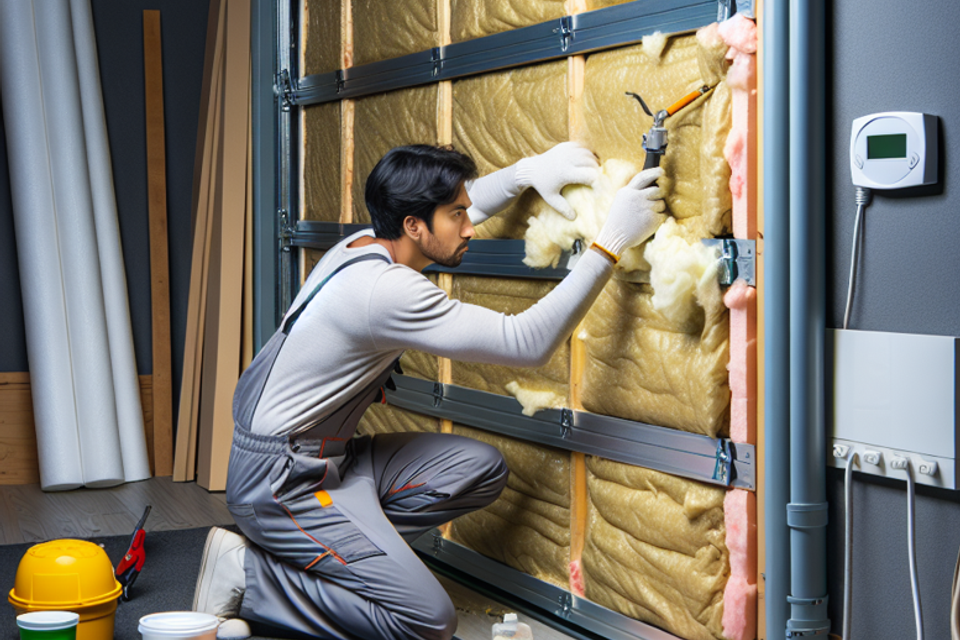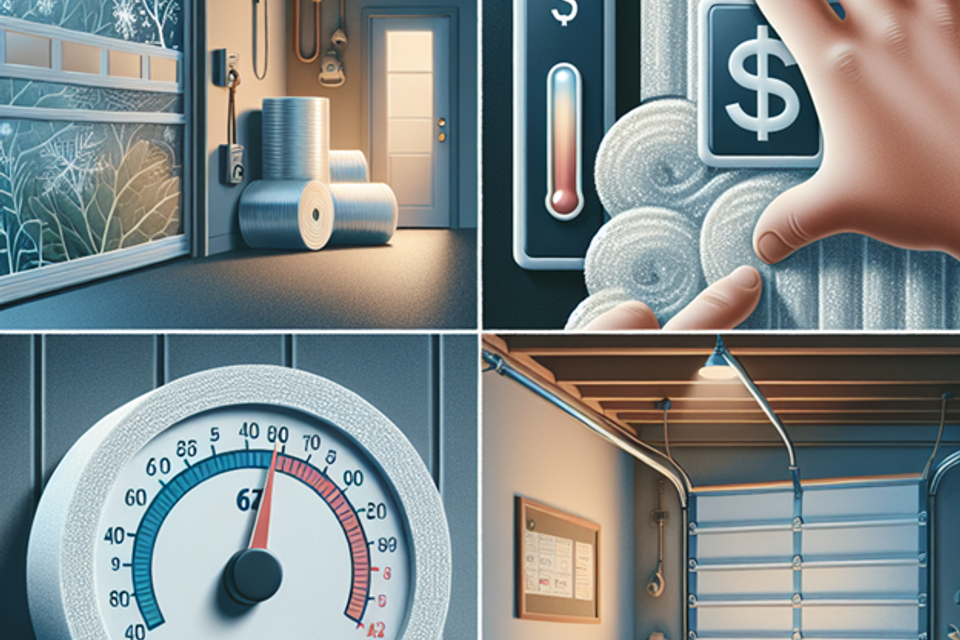Garage Door Insulation - Does It Make a Difference?
Published Feb, 3, 2025
Garage door insulation can be transformative for homeowners seeking improved energy efficiency and comfort. By insulating your garage door, you can achieve notable energy savings, reduce noise, and ensure better temperature control within your garage space. This not only enhances comfort but can also lead to long-term reductions in utility bills. In this guide, we will explore the benefits of garage door insulation, comparing different types such as polystyrene and polyurethane insulation, to assist you in making an informed decision. Whether you're considering an upgrade or simply curious, let's examine how insulation can positively impact your home.
functionality of your garage—if it frequently serves as a workspace or living area, prioritize insulation that offers superior noise reduction and comfort. Furthermore, consider the age and condition of your current garage door; newer doors may better accommodate different types of insulation. Finally, consult with professionals who can provide tailored advice based on your specific garage layout and usage. By carefully weighing these factors, you can choose an insulation type that enhances your garage's functionality while aligning with your financial and environmental considerations.
Ready to make your home more energy-efficient and comfortable? Contact Ready To Roll Garage Doors for a free onsite estimate today. Our team is eager to assist you in transforming your garage into a well-insulated, functional space. Click here to schedule your appointment with us.
Read through our detailed Buyers Guide to help you decide not only on a insulated garage door but all the other details and decisions that go into purchasing your door.
Read through our detailed Buyers Guide to help you decide not only on a insulated garage door but all the other details and decisions that go into purchasing your door.

